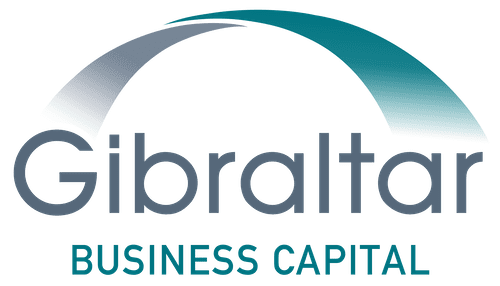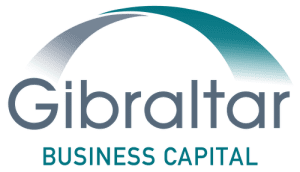Flexibility and access to fast liquidity are what sets an asset-based lender apart. This is especially critical when business owners are navigating several challenging financial scenarios amid economic fluctuations and a global pandemic.
To provide a personal perspective regarding the criteria to consider when choosing between a traditional lender and an asset based lender (“ABL”), we sat down with Sarah Coffman, CFO and Controller of Ideal Steel. Coffman, who has been with the company more than 15 years, provided her insights on why her company chose an ABL partner, how the partnership has evolved and what other CFOs should consider in the lender vetting process.
The Oregon-based steel fabricator has four locations and a history dating back more than three decades. Ideal Steel focuses on the fabrication of steel plates and other parts serving the heavy equipment, material handling and other industrial markets.
How did you become a client of Gibraltar Business Capital?
We found our traditional bank financing facility and relationship to be limiting to our working capital needs, especially for a company of our size. Because we’re an asset-heavy business, we started a process to explore alternative forms of asset-based lending. Throughout the process, we found the team at Gibraltar to be very detail oriented. They asked questions that others didn’t. And they proved to be the most capable of understanding and providing financing flexibility around our inventory assets specifically.
What advice would you give to other CFOs about asset based lending?
There’s a misconception that asset based lending is very reporting intensive. There is work involved up front in working with an asset based lender because you need to get the lender familiar with your assets, the market and the economy. But once the lender gains that familiarity and you’ve decided on reporting processes, it becomes second nature.
How has the relationship with Gibraltar evolved?
With the various fluctuations in the economy and the supply chain, we found ourselves needing to place large orders for steel and this would cause spikes in our inventory levels that put pressure on the line of credit. Before I even had to ask, Gibraltar proactively contacted me to ask if we needed to increase the line to accommodate these fluctuations and they had it done in two days.
What would you advise others in terms of the criteria or things to look for in choosing an asset based lender?
I would start by asking yourself whether you can get what you need from your lender in terms of the amount of working capital. You also need to consider if you have a plan for what’s going to happen in the future and whether your lender can adapt to changes in your business situation.
I feel safe working with a lender that understands the nature of our inventory, is willing to be flexible and has reliable capital to grow with us. You can get locked into something with a traditional bank, and it’s hard to tell whether they’re big enough to grow with you, or how long it takes to get comfortable to grow with you.
If your company experiences cyclicality of any kind, asset based lending is a really good option for your financing needs – especially for steel companies. I know a lot of CFOs in the steel industry that have pursued asset based lending relationships because it makes the most sense for their business.
To learn more about our relationship with Ideal Steel and other company borrowers, visit our case studies page. Or, to speak with someone personally about your options, visit our sales team page to find your regional representative.


